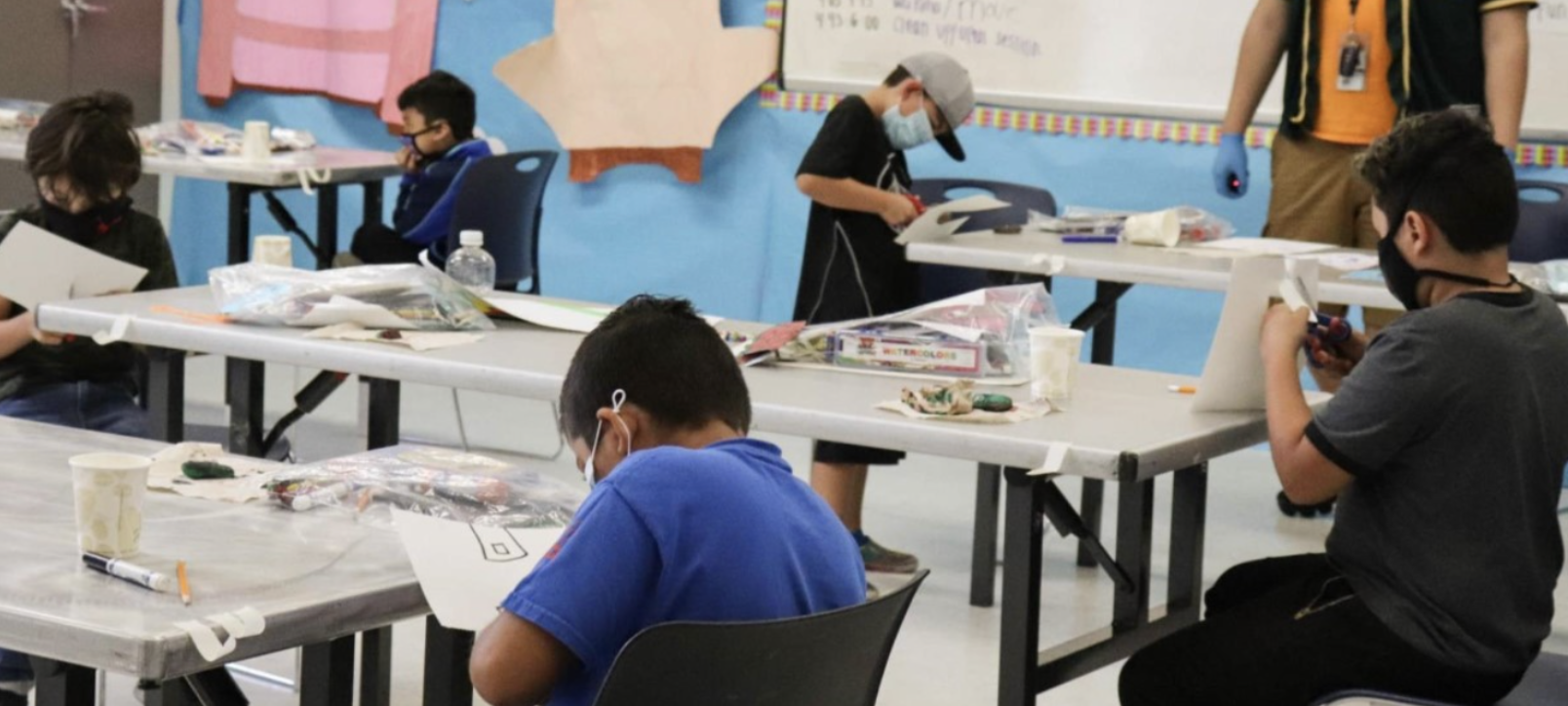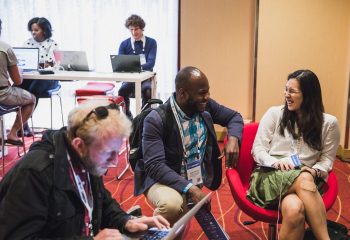
Using data to make decisions for more equitable city services
How can we use data and analytics to empower decisions that build more equitable city services for underserved members of the community? And how can we build a lasting framework that enables city officials and other everyday stakeholders to make data-driven decisions that build equity and establish a culture shift that can be sustained regardless of changes in leadership?
As America’s 10th largest city and one of its most diverse, the City of San José’s work to help make experiences for underserved residents in the city more equitable is an exciting template for others in the public sector.
2020 presented a cultural and health crisis in San Jose that made deep equity gaps in the community more explicit and consequential. Many city services—like planning, nutrition, education, permits and hosting of city meetings—shut down and shifted online. This shift created equity for San Joseans because they could engage with the City from anywhere, at any time. But for residents who couldn’t connect online, getting services became more difficult.
The City recognized that addressing these crises required innovative thinking. Mayor Sam Liccardo and the City Council created the Office of Racial Equity (ORE), which is responsible for advancing systems change through a citywide racial equity framework that examines and improves San Jose’s internal policies, programs and practices to eradicate any structural and/or institutional racism in the City of San José.
However, ORE and the City were limited to historical data and data models, like census and survey data, which aren’t (and weren’t) sufficient in serving residents efficiently and effectively—or to address the growing equity divide that was creating real suffering for San Joseans. And while these data points helped City departments locate themselves in the big picture of how well they were fulfilling residents’ needs, the results were most useful to those leading the departments. There wasn’t always a clear plan of action for city program managers and staff who interact daily with residents. The City shifted its thinking to a “bottoms-up” approach that centered the operations of different departments: How could we understand how data could be used to shape resource allocation and decision making to reduce suffering and build equity immediately?
With support from the Knight Foundation, the Mayor’s Office of Technology and Innovation (MOTI) recruited a Harvard Business School Leadership Fellow, Christine Keung, to develop a pilot program that could bring rapid insights to City departments. She proposed a pilot built around three objectives:
- Unlock potential: Analyze existing administrative data rather than survey data.
- Targeted solutions: Create operating metrics that enable policymakers, decision-makers and City staff at every level to understand how their decisions impact equity.
- Equity goals: Build a data equity framework that creates consistency, transparency and accountability for City staff and leadership to achieve equity goals.
One of the first pilots MOTI’s data equity team launched was with San Jose’s Parks, Recreation and Neighborhood Services (PRNS) department to understand the distribution and value of the thousands of program scholarships for San Jose youth. The scholarships are for programs such as Recreation of City Kids (ROCK) After School, which offers activities from playtime to homework assistance for children, and summer camps like Camp San Jose, which provides half or full day programming that encourages friendship, skill building and learning for youth of all ages. Beyond analyzing the number of eligible families they were serving year over year with the scholarships or looking at residents’ proximity to the community centers that offered these youth programs, the data equity team tried to understand the accessibility of child care for the families who could benefit the most. By clarifying the concentration, distribution and use of scholarships around the city, PRNS can build future scholarship programs in ways that precisely target distribution and build equity.
Since Keung joined the City in the summer of 2020 as a data equity team of one, they’ve grown to more than a dozen talented individuals that represent the diversity of the communities they serve — in technical ability, ethnicity, culture and heritage. Christine and her team have presented this work in academic and business forums, which has created a strong and diverse talent pipeline into the city.
The MOTI team is also focused on the user experience of day-to-day decision-makers, such as City staff at all levels, to ensure that their data insights are presented in comprehensible and actionable ways. Rather than building dashboards for elected officials who could only set future policy, the team built customized views for city staffers who make everyday decisions. The next step is to build capacity and expertise within City departments by training existing staff to sustain this analytical knowledge, so they have the understanding and ownership of equity data that is most impactful to their programs.
To date, MOTI’s data equity team has completed six data projects over the course of six months for four separate City departments using this equity framework. Their work has now emerged as a priority that was reflected in the Mayor’s 2021 Budget Vision. It is also informing future investment opportunities for Knight’s priority of building an informed and engaged San Jose through a diversity, equity and inclusion framework.
The MOTI team is in the process of presenting personalized data insights for each member of the San José City Council, so that they can better understand their constituency and expand their public investments to build equity for San Joseans. Data equity fellows from MIT’s Priscilla King Gray Public Service Center and Princeton’s Public Interest Technology Summer Fellowship are also leading outreach efforts to build trust, create a system for community feedback and help shape the delivery of City programs. In the span of two weeks, they’ve contacted 300 community groups and scheduled over 40 meetings with faith-based organizations, educational institutions and cultural centers.
Though their work has only just begun, we’ve already gained a wealth of information on how to build an engagement strategy that is more responsive to those most impacted by decisions made within City Hall. MOTI’s data team’s work is helping our city take big steps toward building experiences and interactions with city services for our residents that are more equitable and inclusive.
To learn more, please join Jordan Sun, San Jose’s Chief Innovation Officer, for a discussion about MOTI’s work during Knight’s Smart Cities Lab 2021 on July 29 and 30. The virtual workshop will help community leaders and technologists explore how to leverage federal funding, data and digital technology to help make strong decisions and improve quality of life for residents in 2021 and beyond. Register here.
Christine Keung, is MOTI’s Chief Data Officer; and Chris Thompson is Knight Foundation’s San Jose program director.
Image (top) by Recreation of City Kids (ROCK) After School
Recent Content
-
Communities / Article
-
Communities / Article
-
Communities / Article





